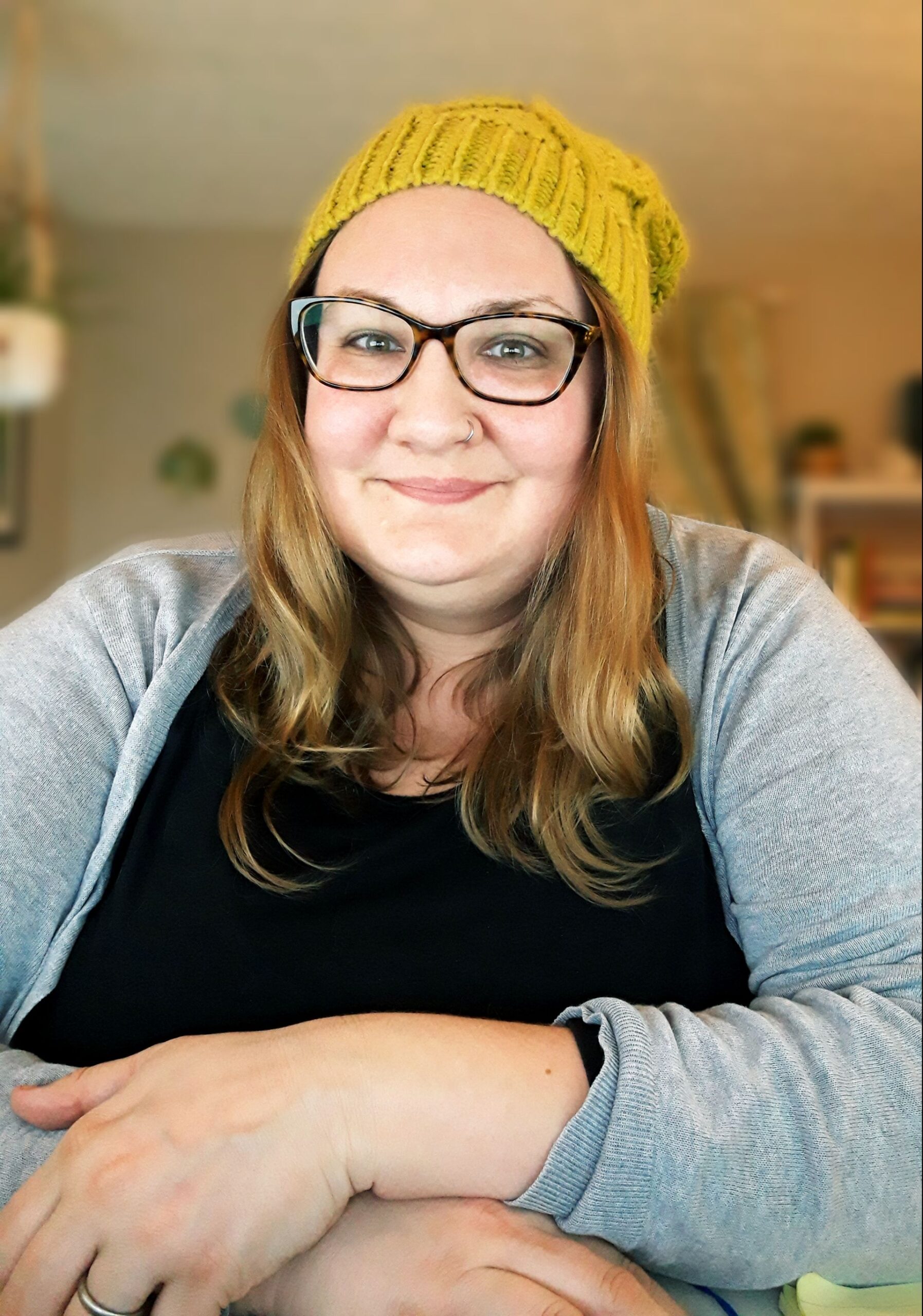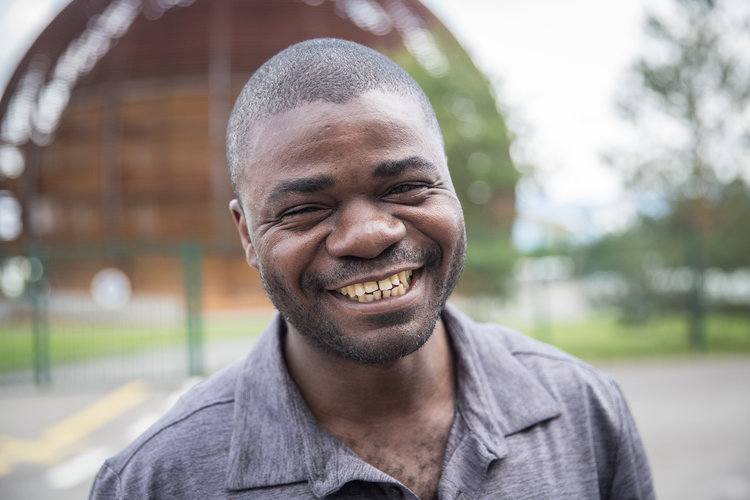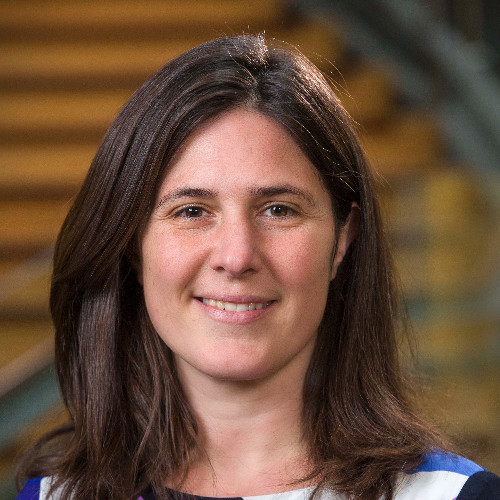
Christie Bahlai ( Kent State University)
Significant heterogeneities: Ecology’s emergence as open and synthetic science
ABSTRACT: Ecology has undergone several major cultural shifts in the past century. Eager to define the field as a ‘hard’ science distinct from natural history, early 20th century ecologists rigorously tested theory through intensive, controlled experiments, often working in relative isolation. The environmental movement of the latter 20th century again redefined the science of ecology in terms of connectivity and an appreciation of scale, fostering collaborations and infrastructure. Now, the open data revolution is changing how scientists approach explaining and predicting the behavior of ecological systems. Furthermore, these open and synthetic approaches create opportunities to incorporate diverse perspectives, data, and engagement in data-intensive ecology. However, simply sharing data cannot overcome a century of ecologists working in siloes. Not only are data collected in different places and across time subject to environmental variability, differences in how observations are made as a result of human choices of how to measure, how to record, and how (and if!) to share information can dramatically impact our ability to understand ecological patterns. In this talk, I will explore how ecology has shifted from a ‘lone wolf’ science to a distributed, collectivist endeavor, and how technology and culture intersect to shape both scientific approaches and career paths.
Christie Bahlai, PhD, is a computational ecologist in the Department of Biological Sciences at Kent State University and a former Mozilla Fellow. She uses approaches from data science to help solve problems in conservation, sustainability, and ecosystem management, partnering with conservation and tech nonprofits. Her current research focuses on developing tools to support information synthesis in temporal ecology. Dr. Bahlai has strong interests in social justice in science, and believes that directly addressing diversity issues through technology and culture change benefits both scientists and science.

Thomas Hervé Mboa Nkoudou ( Mboalab and Open AIR)
Contribution du mouvement maker dans le domaine de la biotechnologie en Afrique: Une perspective de la science ouverte (Contribution of the maker movement to biotechnology in Africa: An open science perspective) _ Note: This talk will be delivered in French with English subtitles._ ABSTRACT: The maker movement is a community-based movement driven by a common understanding that democratizing access to tools and technologies will revolutionize the distribution of material goods and disrupt existing socio-economic systems. With the Internet, the maker movement is reinforced by trends of openness, better, open science. Indeed, nowadays, information circulates instantaneously from one end of the world to the other, offering the possibility to exchange, share and contribute to the enrichment of knowledge with implications in the fields of health, environment, education, etc. In this presentation, I will show evidence of the contribution of the maker movement to the democratisation of biotechnology in Africa. I will also discuss the local realities that need to be considered in order to ensure the success of such an undertaking. To do this, I will address the following points:
The dynamics of the circulation of biotechnology knowledge (protocols, data, design, etc.) in makerspaces;
The presentation of concrete initiatives of Biomakerspaces in Africa, as well as the impact that these innovation spaces have in their immediate environment;
Obstacles to the implementation of such initiatives and possible solutions to overcome them.
Thomas Hervé Mboa Nkoudou, PhD, is a researcher in Open Science and Science Communication. With a background in biochemistry, he works to promote DIYbio and democratize biotechnology in Africa, and aims to help create a more inclusive, data-driven research community. He founded the Mboalab innovation lab in Cameroon, and co-leads the African Institute of Open Science and Hardware. Dr. Mboa is also the International President of APSOHA, the Association for the Promotion of Open Science in Haiti and Africa. He is currently a postdoc at the University of Ottawa in Canada, working with the Open African Innovation Research Partnership. Dr. Mboa was featured in a recent article in Nature about early-career researchers who are leaders.

Lara Mangravite ( Sage Bionetworks)
(Talk co-hosted with Function-COSI)
Open approaches to advance data-intensive biomedicine
ABSTRACT: Data for health research is all around us. In the last decade, we have moved from a paradigm where research data is collected in a research clinic to a paradigm where research data may stem from anywhere – including our visits to the doctor and our daily interactions with technology. These information streams offer tremendous opportunity to advance research in areas from public health to precision medicine. They can also be extremely intrusive - requiring us to evolve the ways in which we collect, manage, and analyze research data. As always, the translation of science into medicine requires robust and reproducible outcomes with clear actionable consequence. Here, we will discuss approaches to apply open science principles – transparency, reproducibility, and independent contribution – to meet the evolving needs of data-intensive biomedical research.
Lara Mangravite, PhD, is president of Sage Bionetworks, a non-profit research organization that focuses on open practices to advance biomedicine through data-driven science and digital research. Recognizing that all research is limited by restrictions placed on the distribution of information, Sage works closely with institutes, foundations, and research communities to redefine how complex biological data is gathered, shared and used. By improving information flow and research practices, Sage seeks to enable research outcomes of sufficient confidence to support translation. Dr. Mangravite obtained a PhD in pharmaceutical chemistry from the University of California, San Francisco, and completed a postdoctoral fellowship in cardiovascular pharmacogenomics at the Children’s Hospital Oakland Research Institute.